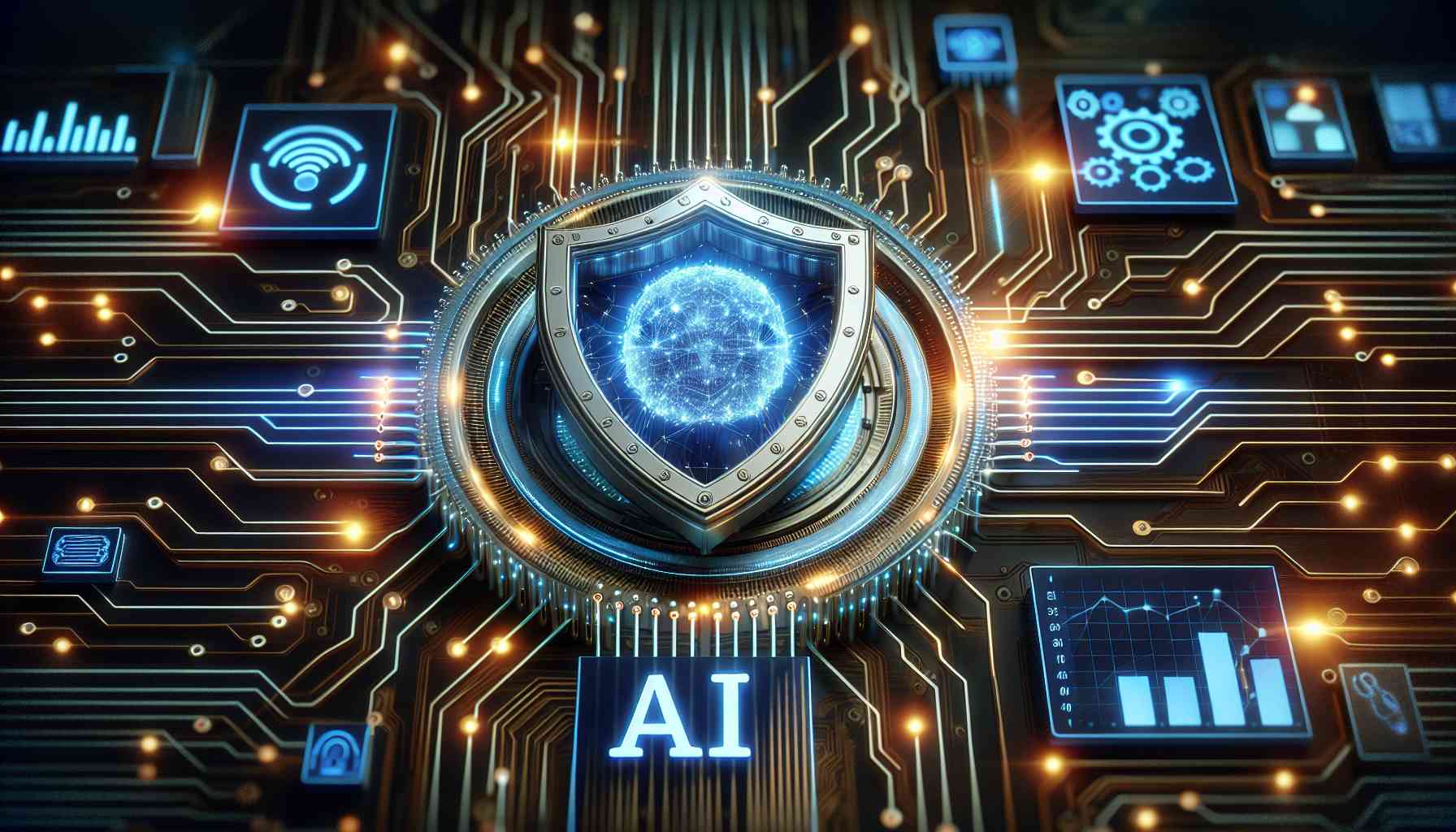Artificial intelligence (AI) is revolutionizing various aspects of our lives, including the realm of cybersecurity. As cyber threats become increasingly sophisticated, intelligence agencies around the world, particularly in the United States, are turning to AI to detect and counter hackers targeting critical infrastructure. Recent revelations by a senior U.S. cybersecurity official shed light on how AI is being leveraged to identify and mitigate these threats.
One of the significant advancements in AI technology is its ability to detect indications of hackers employing AI in their attacks. This levels the playing field in the ongoing digital arms race. Machine learning tools, in particular, have proven instrumental in helping security agencies identify stealthy techniques, such as ‘living off the land’, which blend in with normal activity on infrastructure networks and are challenging to detect without advanced AI capabilities.
Chinese hackers have been a persistent threat, specifically targeting U.S. transportation networks, pipelines, and ports. The use of AI has been crucial in identifying and mitigating these threats. According to an NSA cybersecurity official, the techniques employed by these hackers are difficult to detect without the help of AI.
While concerns have been raised about the potential misuse of AI in fraud and scams, as well as foreign government interference in elections, the defensive dividends offered by the technology are encouraging. For example, AI tools recently helped Microsoft detect and mitigate stealthy and targeted malicious activity aimed at U.S. critical infrastructure organizations.
As nation-state-backed hackers and criminals continue to leverage AI in their cyberattacks, intelligence agencies are evolving to use AI technologies to find and neutralize malicious activity. The future of AI in cybersecurity is clear: it will play a critical role in national security moving forward. With ongoing discussions and concerns about the use of generative AI models for deceptive activities, it is evident that the conversation around AI in cybersecurity is far from over.
In conclusion, the rise of AI in cybersecurity brings both opportunities and challenges. While it enables better detection and mitigation of cyber threats, there is also the risk of misuse and increased effectiveness of hackers. However, the benefits of AI in protecting critical infrastructure and ensuring national security outweigh these concerns. The integration of AI into intelligence operations is not just a trend but a significant advancement in the ongoing fight against cyber threats.

